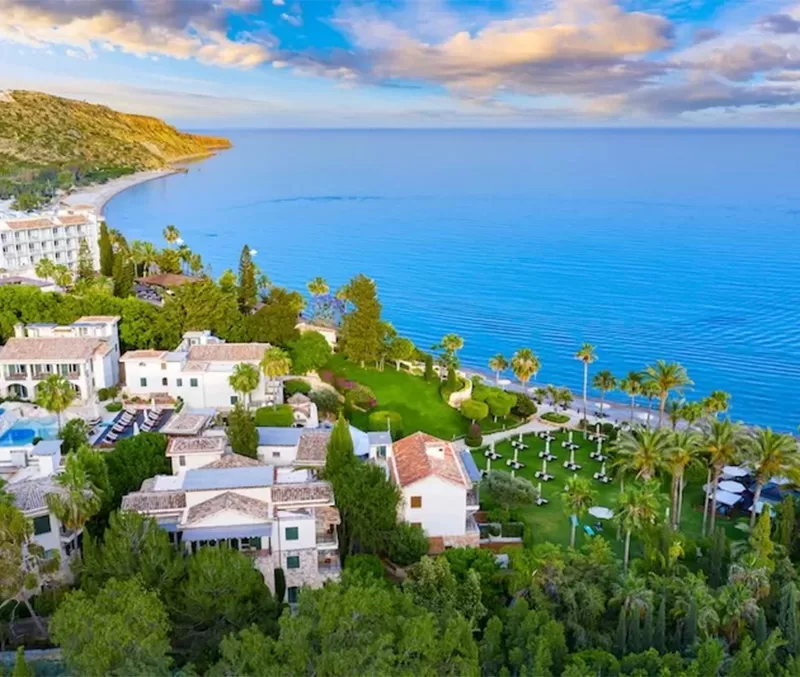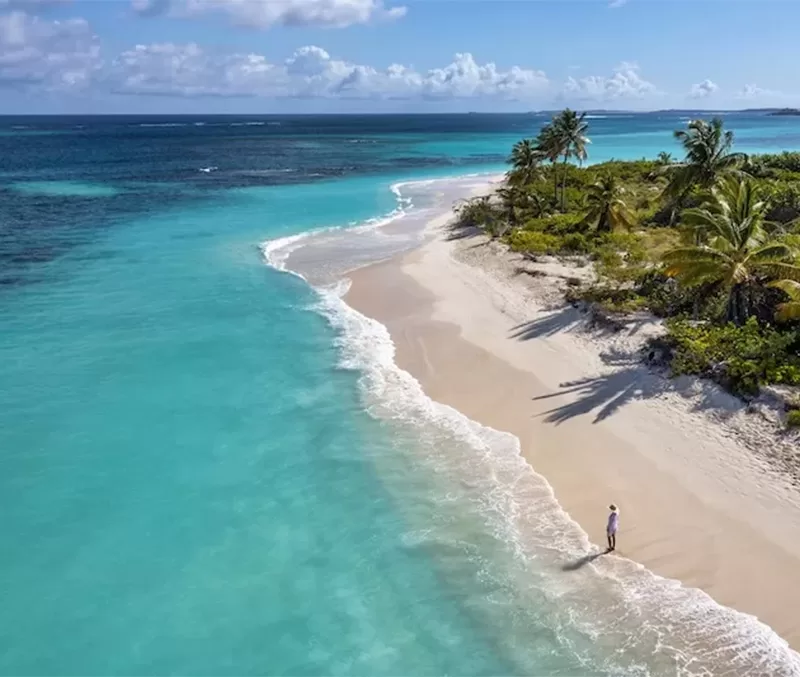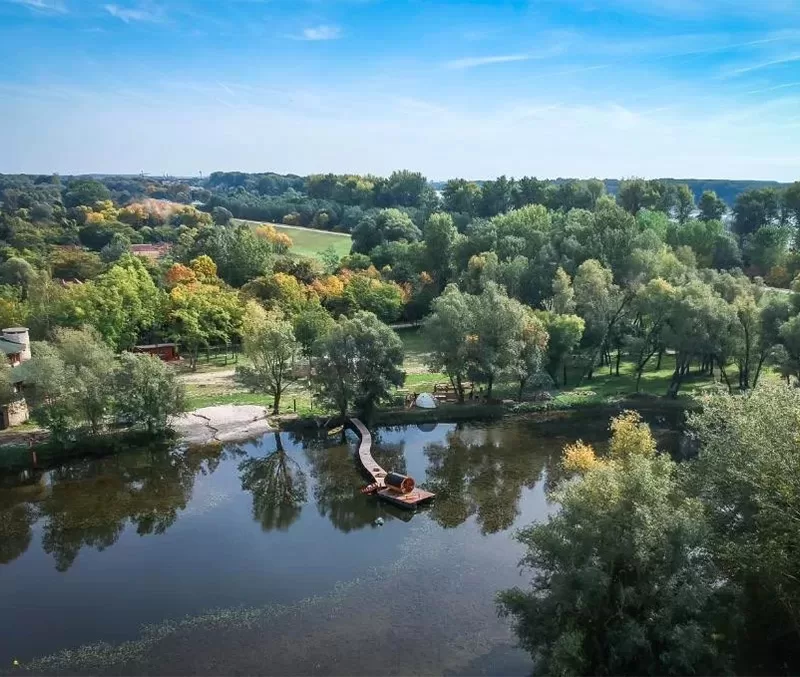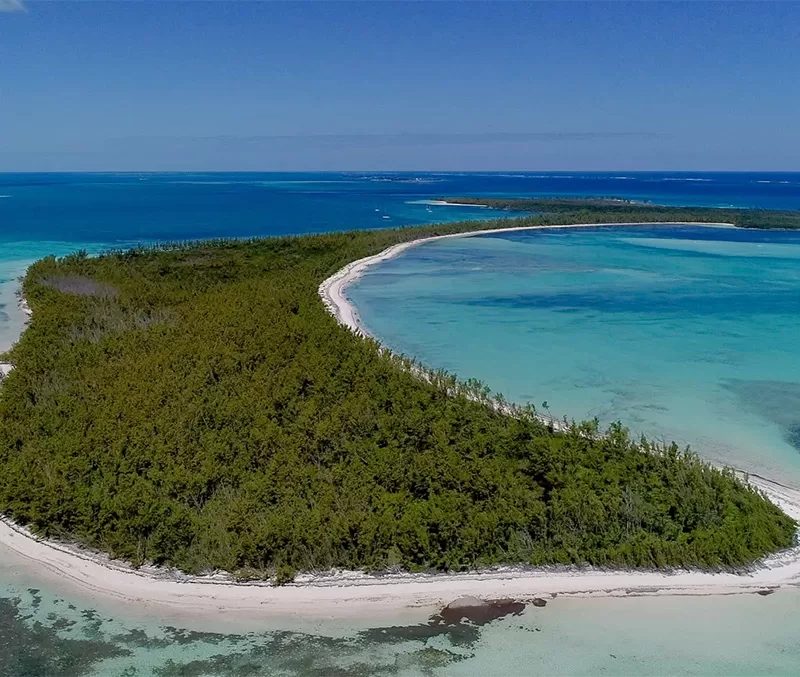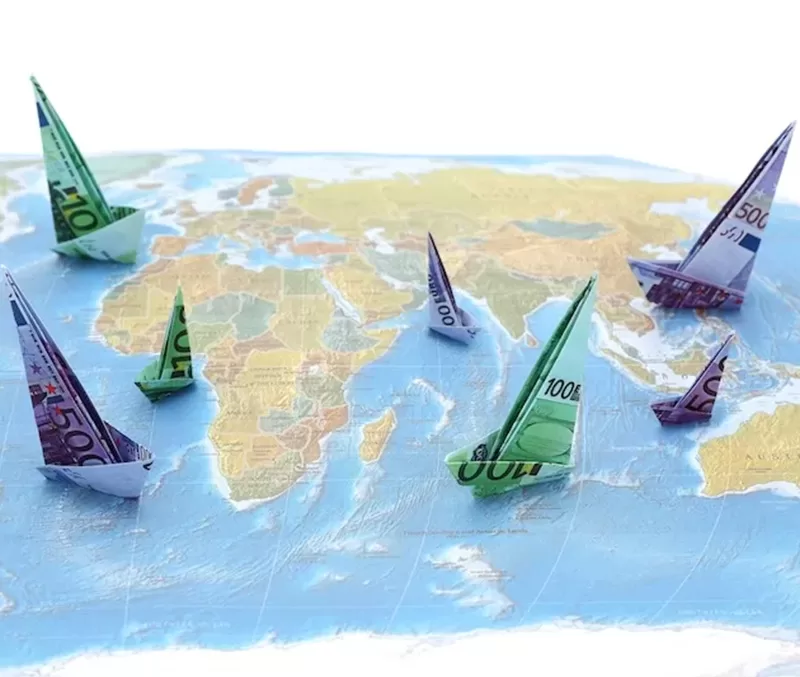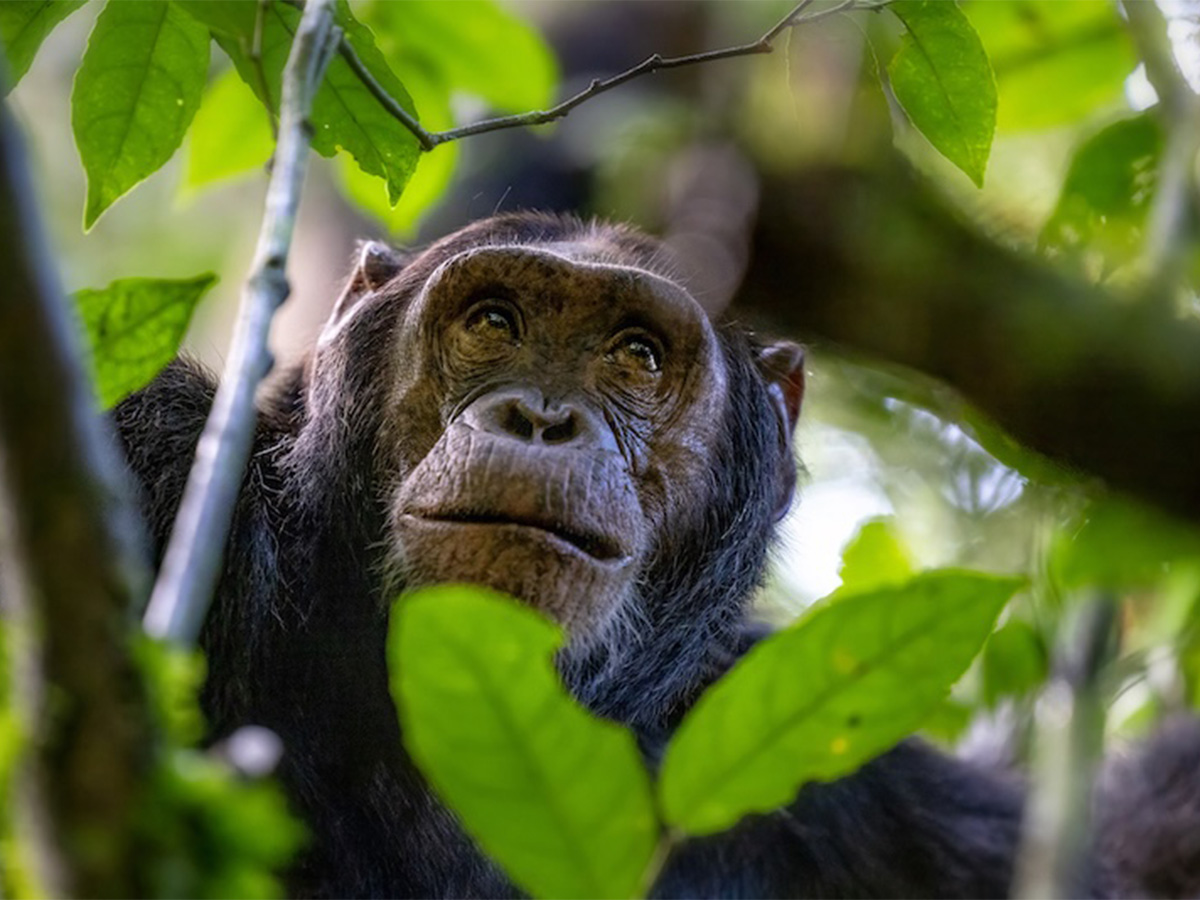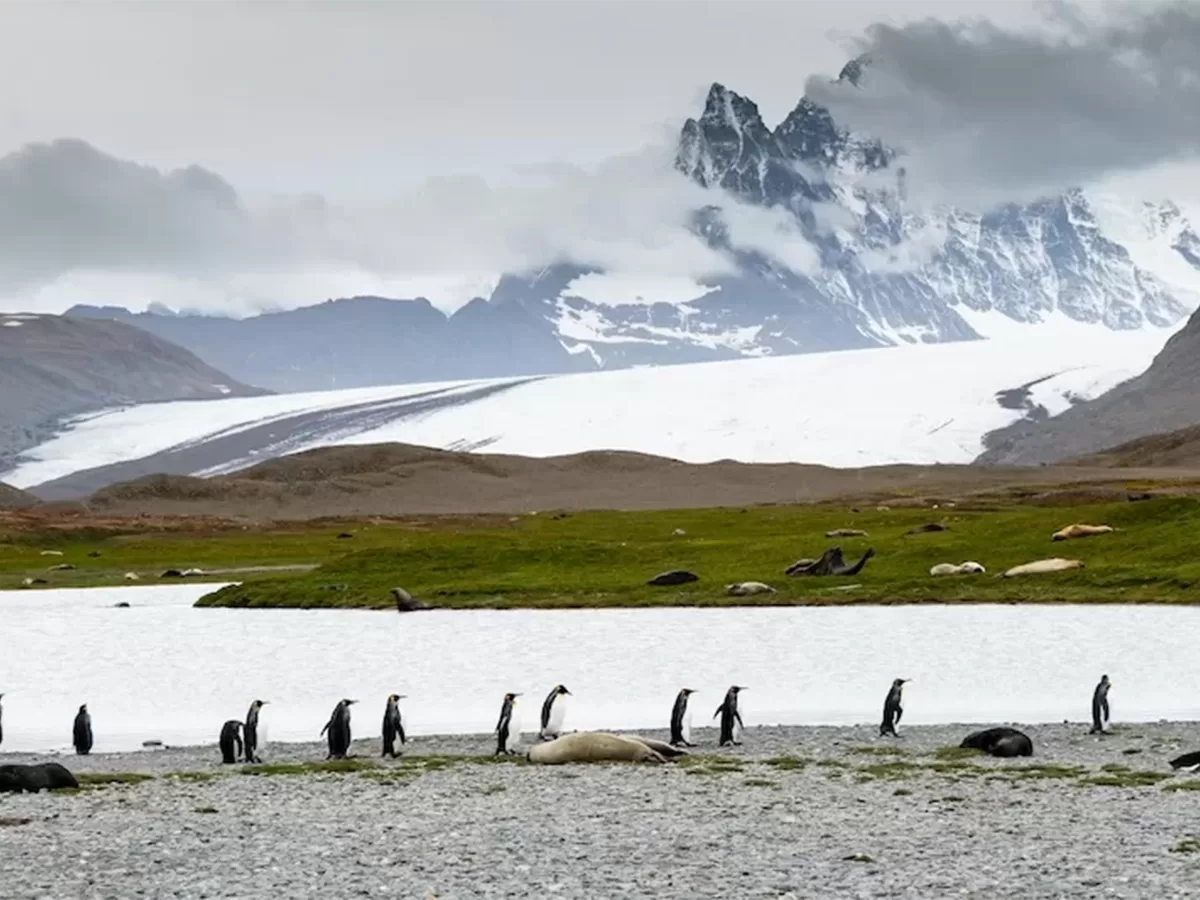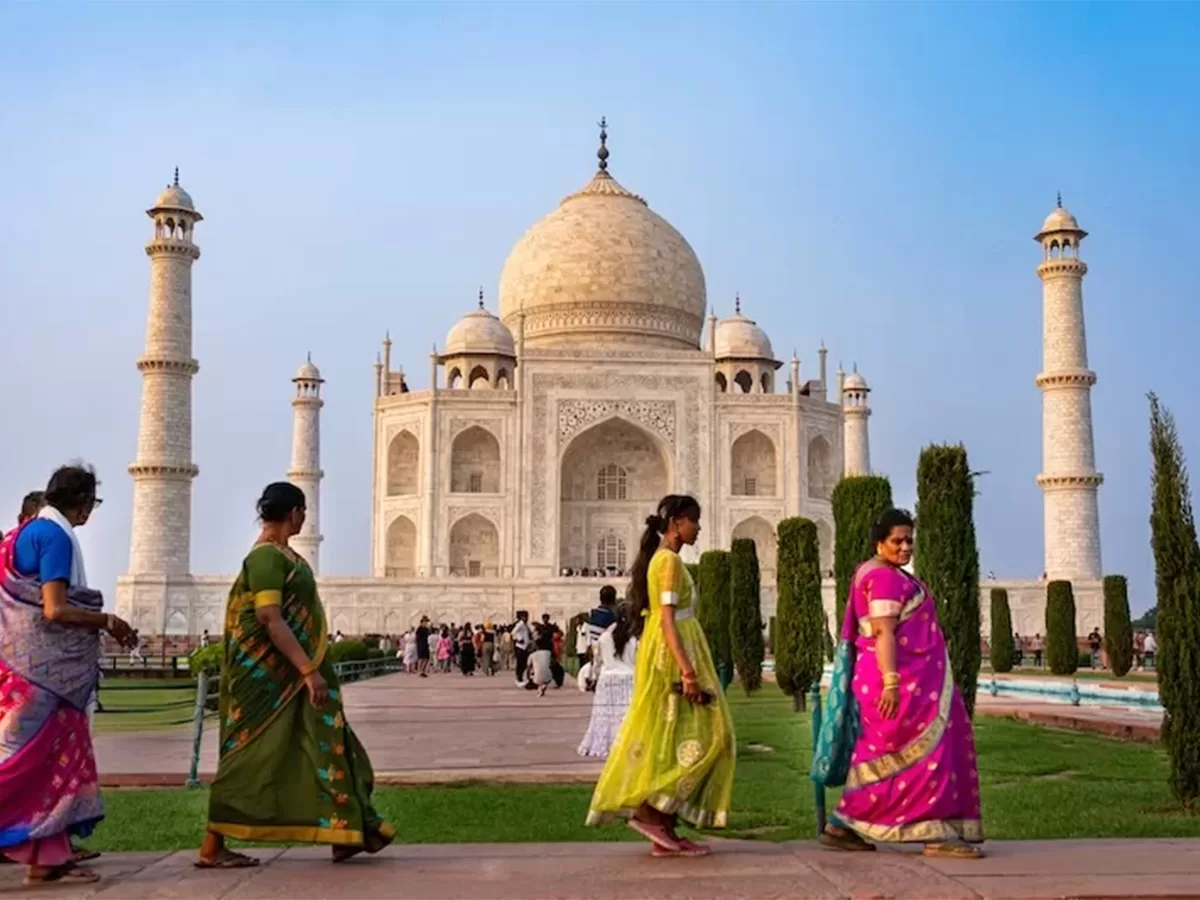What’s Your Real Plan B?
There’s no one size fits all, so let yours grow as large as your dreams and finances permit

A common theme from virtually anyone who contacts me about international asset protection is a discussion about their “Plan B.” It’s a bit of a nebulous concept and means something different to each person.
For some people, a Plan B is all about their money. Where do I put it? How do I protect it? How should I invest it? What type of structures are needed to hold it?
For others, it’s more about themselves personally; Where should I go if I don’t want to (or can’t) stay where I am? Can I get a second citizenship—or at least another residency—outside of my home country?
Of course, these concepts aren’t mutually exclusive. From my perspective, each element encourages and supports the other. The more time people spend overseas, the more assets they generally move offshore. Likewise, the more assets they have offshore, the more time they spend overseas. It really doesn’t matter which comes first, one almost always follows the other. But I always tell clients to dip their toes in the water and move at their own pace. For some folks, just opening an offshore bank account is enough. For others, a variety of structures, strategies, investments, and multiple citizenships are only the beginning.
If you don’t need it right now, open it up anyway and park some “rainy day” money there. When you eventually need your account, you’ll be very happy that you already have it.
So what’s your real Plan B? Here are six of the most common elements in any plan:
1. Overseas Bank Account
Establishing an overseas bank account is almost a given. It’s an essential building block for virtually anything you might contemplate doing overseas. It generally costs little or nothing to do, but it can take time to accomplish given the increases in global banking compliance. And the time to set it up should be completed BEFORE you need it. It can be incredibly frustrating trying to set up a bank account in the middle of an important business deal or when you’re trying to close on an overseas property. If you don’t need it right now, open it up anyway and park some “rainy day” money there. When you eventually need your account, you’ll be very happy that you already have it.
2. Diversification

The word “diversification” is generally used by investment advisers telling you about why you should buy stocks, bonds, and mutual funds, but to me, the traditional use is way too restrictive and one-one-dimensional. We live in a complex world, and old-school investment diversification is like playing checkers when you ought to be strategizing three-dimensional chess.
Read more like this: 5 Common Myths About International Diversification
Global diversification means acquiring assets outside your home country and home currency. Again, there’s a vast number of things that can fall under this umbrella, so buy things you understand and with which you can comfortably sleep at night. It could start with simple currencies like the Swiss franc, German bonds, or a CD in Dubai.
Foreign stocks, bonds, and mutual funds come next. It’s classic investment advisor stuff but again, an investment that is outside your home country.
Gold is a classic diversification and asset protection commodity. It’s been “real money” for over 5000 years and has never failed to deliver. Many clients looking for their “Plan B” decide to simply park 5-20% of their net worth in gold bullion in an overseas storage facility and then just sleep better at night.
In many cases, an overseas real estate investment can also be the basis of a second citizenship or residency application.
Foreign real estate checks a lot of boxes here as well. It’s denominated in a foreign currency, holds or increases in value, and can be the basis of living, working, or retiring abroad. In many cases, an overseas real estate investment can also be the basis of a second citizenship or residency application.
Cryptocurrency such as Bitcoin is a more recent addition to the diversification pool. Whether you like it or not, it’s here to stay. It holds or increases in value due to its fixed scarcity. I’m seeing many clients treat it the same as gold. They simply buy an allocation of 5-20% of their net worth and then plan to never sell it. Beyond that, it can also be a useful tool to acquire and finance other investments.
Read more like this: The Beauty of Bitcoin
Of course, these are just the common themes I see among my clients. Diverse people are diverse in their needs, and diversification means completely different things to different people. I’ve seen clients buy stamps, coins, gemstones, art, antique Land Rovers, Malaysian hedge funds, currency derivatives … the list truly goes on and on. The point is to think about placing a portion of your net worth outside your home country and home currency. How you accomplish this type of diversification should be comfortable and enjoyable to you.
3. Overseas Company

The “offshore company” concept is still alive and well. Its uses are many and they include effecting your Plan B. A company can be used to start a business overseas, make investments, or buy foreign real estate. It can also be used as an estate planning vehicle to help non-divisible assets such as real estate. In many European countries, for example, only a certain number of people can be on a property title. In Austria, it’s only two. So, what if you have seven children (as I do) and want to leave a property there to all of them? Establishing a company of one sort or another is the solution.
A company can assume the “nationality” of the country in which it’s incorporated. It also frequently re-opens the door to global financial institutions presently closed to U.S. citizens themselves.
4. Overseas Trust
A trust goes one step further than a company because it completely cuts off the nexus between the grantor (i.e., the person placing the asset into a trust), and the asset itself. This makes it incredibly difficult to go after the asset in any type of litigation.
It does an even better job of opening the doors of foreign financial institutions because a trust is a separate and distinct legal entity and takes on the nationality of the jurisdiction in which it’s based. This is of course one of the keystones of international asset protection and in the Plan Bs of nearly all wealthy individuals.
5. Overseas Life Insurance
This topic can get complicated very fast, but the benefits are undeniable. It really is the last and besttax loophole in the Internal Revenue Code, and insurance companies spend millions of dollars annually lobbying Congress to protect the special perks of life insurance.
Offshore insurance avoids the various State regulations that decide what types of investments can be inside an insurance policy. Instead, you are free to work with your insurance and investment advisers to come up with a plan that meets only federal requirements (largely for policy diversification and the amount of death benefit in relation to the premium paid). I’m seeing virtually all types of global investments show up in this type of insurance.
In a nutshell, the cash value of life insurance grows, tax-deferred like other deferred investments, but it actually comes out income tax-free as well as estate and gift tax-free (if structured correctly through a trust). Of course, for this strategy to be effective, you have to die in the process. But since we will all end up there someday, we might as well incorporate these benefits and stewardship elements into your family’s Plan B.
6. Second Residency and Citizenship
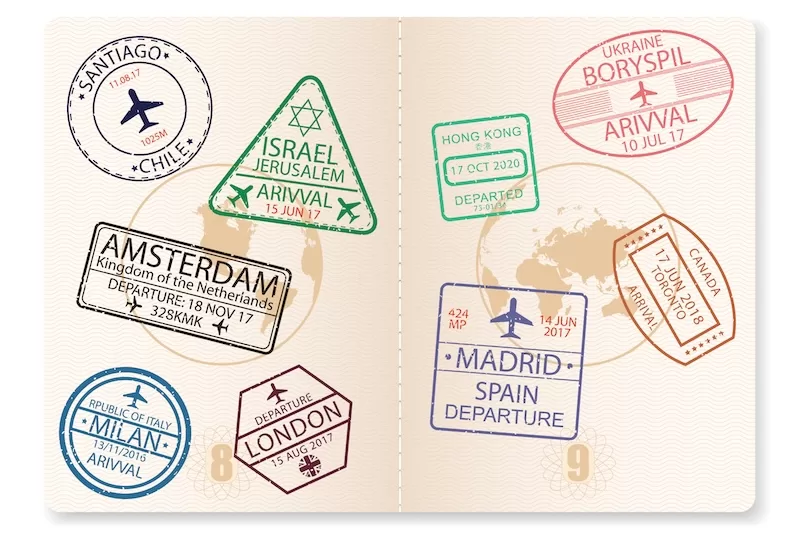
Many people have written about this topic (me included) over the years for Escape Artist. It’s gone from a fringe issue to a mainstream one today. Easily three-quarters of the clients who engage my firm want to incorporate a second residency or citizenship into their Plan B.
The main aspect of Plan B is the ability to leave your home country and go to another country for as long as you wish without limitation. That’s not something that you can do as a tourist. COVID-19 showed that even mighty passports like the U.S., Canada, and EU were unable to truly protect the right to travel. Only a second residency or citizenship can do that. Currently, the best and most open programs for residency include Belize, Panama, Costa Rica, Mexico, and Paraguay in the Americas. In Europe the UK, Spain, Italy, Malta, Greece, and Cyprus all have viable programs for investors. More countries tried, such as Germany and Portugal, to be open to folks who really want to live there full-time. The Middle East, Turkey, and UAE have become standouts in their region; and frequent destinations in Asia are Thailand, the Philippines and Singapore.
Any Plan B will comprise some, many, or all the elements described above. It’s your life, and your Plan B should fit your lifestyle, goals and objectives. Remember, there’s no one size fits all, and don’t feel the need to create a structure or plan with which you’re not totally comfortable. The world is a big and diverse place. Let your Plan B start small and grow as large as your dreams and finances permit.
———————
Joel Nagel is managing partner and founder of the law firm Nagel & Associates LLC, specializing in international corporate strategy and legal structures.











